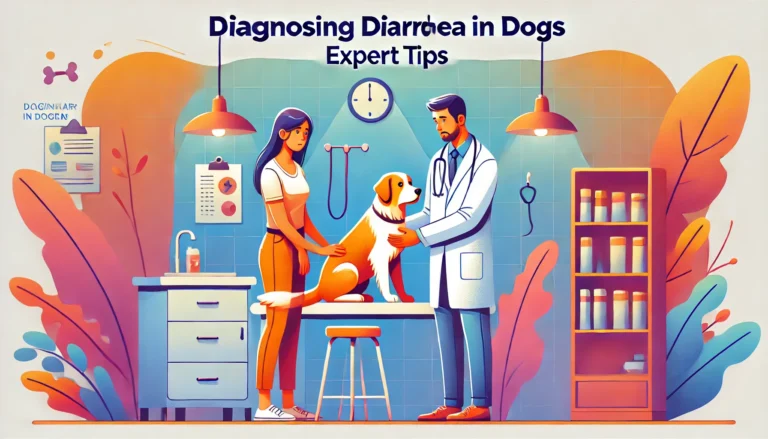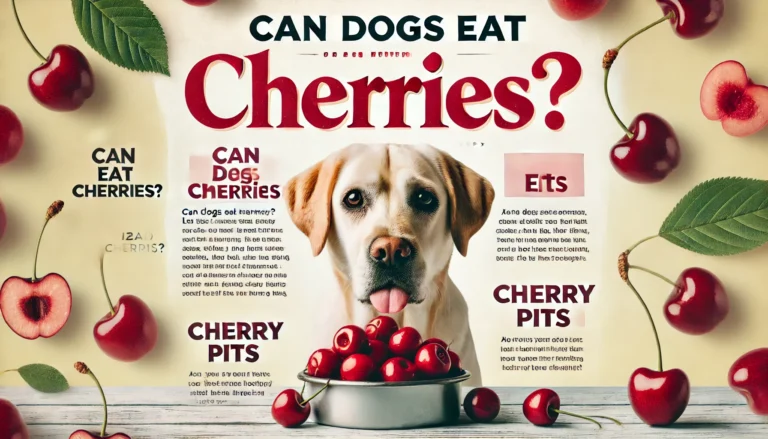Can Dogs Drink Milk?

Dogs Drink Milk is a topic of significant debate. Many dog owners wonder if it’s safe to share a splash of milk with their furry companions. This detailed guide will explore all aspects of dogs drinking milk, including its benefits and risks, the types of milk that are safe for dogs, and how to responsibly include milk in your dog’s diet.
Introduction to Can Dogs Drink Milk
Milk has been a staple in human diets for thousands of years, but when it comes to our canine friends,can Dogs Drink Milk safely drink milk? This section will introduce the complexities of dogs consuming dairy products.
What is Milk?
Definition and Composition: Milk is a nutrient-rich fluid produced by the mammary glands of mammals, primarily composed of water, lactose, fat, proteins, and various vitamins and minerals essential for young mammals’ growth.
1. Can Dogs Have Milk?
1.1 General Considerations for Dogs Drinking Milk
Digestive Tolerance:Dogs Drink Milk vary in their ability to digest lactose, the sugar found in milk. While puppies produce the enzyme lactase that breaks down lactose, the production decreases as they grow older, leading many adult dogs to become lactose intolerant.
1.2 Potential Benefits of Milk for Dogs
Nutritional Value: Milk is high in vitamins and minerals, such as calcium and vitamin D, which can contribute to bone strength and overall health if tolerated well.
1.3 Risks and Concerns
Lactose Intolerance and Allergies: Symptoms of lactose intolerance in dogs include diarrhea, bloating, and gas. Moreover, some dogs may be allergic to the proteins in milk, leading to skin rashes or gastrointestinal upset.
2. Different Types of Milk and Their Suitability for Dogs
2.1 Regular Cow’s Milk
Lactose Content and Digestibility: Cow’s milk has a high lactose content, which can be difficult for many dogs to digest and may lead to milk diarrhea.
2.2 Goat’s Milk
A Digestible Alternative: Often easier for dogs to digest due to its lower lactose levels and different protein structure, making it a potentially safer option for lactose-intolerant dogs.
2.3 Plant-Based Milks (Almond, Soy, Coconut)
Non-Dairy Choices: These milks are lactose-free but can contain additives that are harmful to dogs, such as xylitol. Always choose plain, unsweetened varieties.
3. Feeding Milk to Puppies Versus Adult Dogs
3.1 Puppy Milk Replacers
Specially Formulated Milk for Puppies: These products are designed to mimic mother’s milk in nutrition and digestibility, suitable for puppies who can’t nurse.
3.2 Considerations for Adult Dogs
Decreased Lactase Production: Many adult Dogs Drink Milk do not produce enough lactase to handle the lactose in cow’s milk, making them prone to digestive upset.
4. How to Safely Introduce Milk to Your Dog
4.1 Trial and Observation
Starting with Small Amounts: Introduce a small quantity of milk to Dogs Drink Milk easily but your dog diet and observe for any adverse reactions over the next 24 hours.
4.2 Recommended Quantities
Moderation is Crucial: Even if your dog can tolerate milk well, it should only be given occasionally as a treat, not as a regular part of their diet.
do you know
Lethargic Cats can be subtle or overt, and understanding the reasons behind it is crucial for any cat owner.
5. Lactose-Free and Special Milk Formulas
5.1 Lactose-Free Milk for Dogs
A Safer Option: These products provide the nutritional benefits of milk without the lactose, reducing the risk of digestive disturbances.
5.2 Formulated Milk for Puppies
Nutritionally Balanced Options for Young Dogs: These formulas are designed to provide puppies with the necessary nutrients without the risks associated with regular cow’s milk.

6. Common Questions About Dogs and Milk
6.1 Can Dogs Drink Milk Everyday?
Not Recommended: Due to the potential for lactose intolerance and the high caloric content of milk, it is not advisable for Dogs Drink Milk daily.
6.2 Is Milk Necessary for a Dog’s Diet?
Not Essential: Dogs do not require milk as part of their diet. A well-balanced dog food provides all the necessary nutrients a dog needs.
Conclusion of Can Dogs Drink Milk
While dogs can drink milk, whether they should is a decision that must be made based on each dog’s individual health, digestive ability, and nutritional needs. Milk should never replace water as the primary drink, nor should it be a significant part of a dog’s diet. For those Dogs Drink Milk who can tolerate it, milk can be an occasional treat in small quantities, but dog owners should be cautious and consult with a veterinarian to ensure it’s appropriate for their pet’s health profile.
Is it OK for a dog to have milk?
In moderation, some dogs can have milk, but many are lactose intolerant, which can cause digestive issues.
Is it good to drink dog milk?
Dog milk is not intended for human consumption and is nutritionally tailored for puppies.
Why does my dog love milk?
Dogs may love the taste of milk because it’s high in fat and sugar, making it very appealing to them.
Can I give my dog human milk?
It’s not recommended as human milk contains lactose, which many dogs find hard to digest.
Is cow’s milk OK for dogs?
Cow’s milk can be given in small amounts if your dog is not lactose intolerant, but it’s not necessary for a dog’s diet.
Is egg good for dogs?
Yes, eggs are good for dogs as they provide a great source of protein and essential fatty acids.
Is banana good for dogs?
Bananas are safe for dogs in moderation and can be a healthy treat due to their potassium and vitamin content.
Can dogs eat rice?
Yes, rice is safe for dogs and is often used in dog foods as a digestible carbohydrate source.
Can dogs eat bread?
Bread is safe for dogs in moderation, but it offers minimal nutritional value and can contribute to weight gain.
Is roti good for dogs?
Plain roti (without spices) can be given in small amounts as a treat but shouldn’t be a regular part of a dog’s diet.
Can dogs eat yogurt?
Dogs can eat plain yogurt in small amounts if it doesn’t contain xylitol or artificial sweeteners, which are toxic to dogs. It’s also a good source of probiotics.






